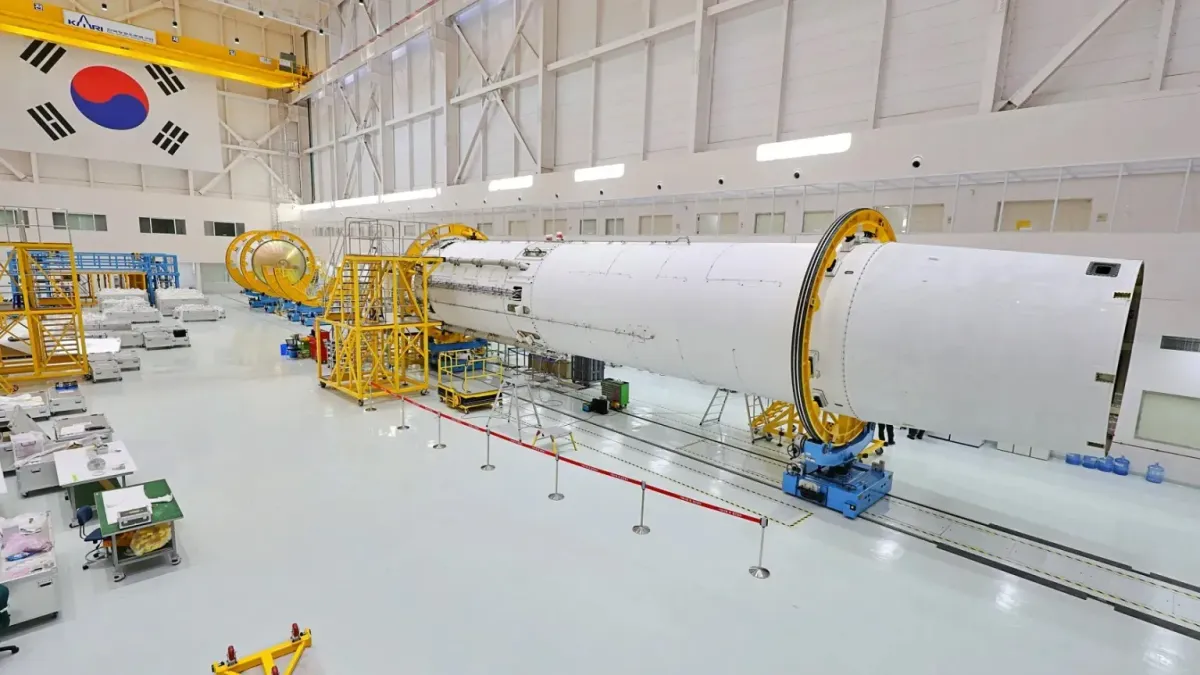NATO Diplomacy, South Korea's AI & Space Tech Push
NATO's Diplomacy and China's Concerns, South Korea's AI and Space Tech Push

NATO's Diplomacy and China's Concerns
The recent NATO summit in Washington, D.C. (June 9-11, 2024) has seen significant developments in the alliance's Asia-Pacific strategy, with the participation of the Indo-Pacific 4 (IP4) countries: South Korea, Japan, Australia, and New Zealand. The IP4 countries issued a joint statement condemning the military cooperation between North Korea and Russia, and agreed to expand information-sharing on North Korean weapons. The summit also saw the establishment of the Korea-U.S. Nuclear Deterrence and Nuclear Operations Guidelines, reflecting NATO's increasing focus on China as a strategic competitor and its efforts to institutionalize cooperation with the IP4 countries. These developments are connected to the AUKUS trilateral alliance between the U.S., U.K., and Australia, and have implications for regional arms control agreements and the potential for future military exercises involving IP4 countries.
The recent NATO summit in Washington, D.C. (June 9-11, 2024) has seen significant developments in the alliance's Asia-Pacific strategy, with the participation of the Indo-Pacific 4 (IP4) countries: South Korea, Japan, Australia, and New Zealand.
China has expressed its concerns over NATO's diplomacy in the Asia-Pacific region, with Foreign Ministry spokesperson Zhao Lijian criticizing the alliance's "advance into the Asia-Pacific" and warning regional countries against becoming the "vanguard of NATO's advance." China has emphasized the importance of peaceful coexistence and mutually beneficial cooperation, rejecting military blocs and the Cold War mentality. Beijing perceives NATO as a tool for U.S. hegemony and fears that its presence in the region could lead to increased military tensions and impact regional economic integration. China has called for dialogue and consultation instead of alliance-building, and has emphasized the importance of ASEAN-centered regional cooperation mechanisms.
South Korea's evolving role in NATO-Asia Pacific cooperation has been highlighted by President Yoon Suk-yeol's participation in the NATO summit and his bilateral meeting with Japanese Prime Minister Kishida. The two leaders reaffirmed their coordination on North Korea-Russia ties and emphasized the inseparable security of the North Atlantic and Northeast Asia. South Korea has committed to NATO's Ukraine Trust Fund and has agreed to expand information-sharing on North Korean weapons. The country's participation in the joint development of advanced weapon systems has implications for its defense industry and its balancing act between NATO cooperation and relations with China. Domestically, there have been political debates on NATO engagement and its potential impact on South Korea's regional security initiatives.
The increased tensions between South Korea and China over Seoul's alignment with NATO could have significant economic and diplomatic consequences. China may resort to economic retaliation, impacting bilateral trade and investment, and posing challenges for Korean businesses operating in China. The cooling of relations could also affect cooperation in addressing North Korea issues and regional initiatives like the Regional Comprehensive Economic Partnership (RCEP) and the China-Japan-Korea Free Trade Agreement. South Korea's strategic ambiguity between the U.S. and China may become more challenging to maintain, with potential implications for the Korean diaspora communities in China and the country's efforts towards reunification.